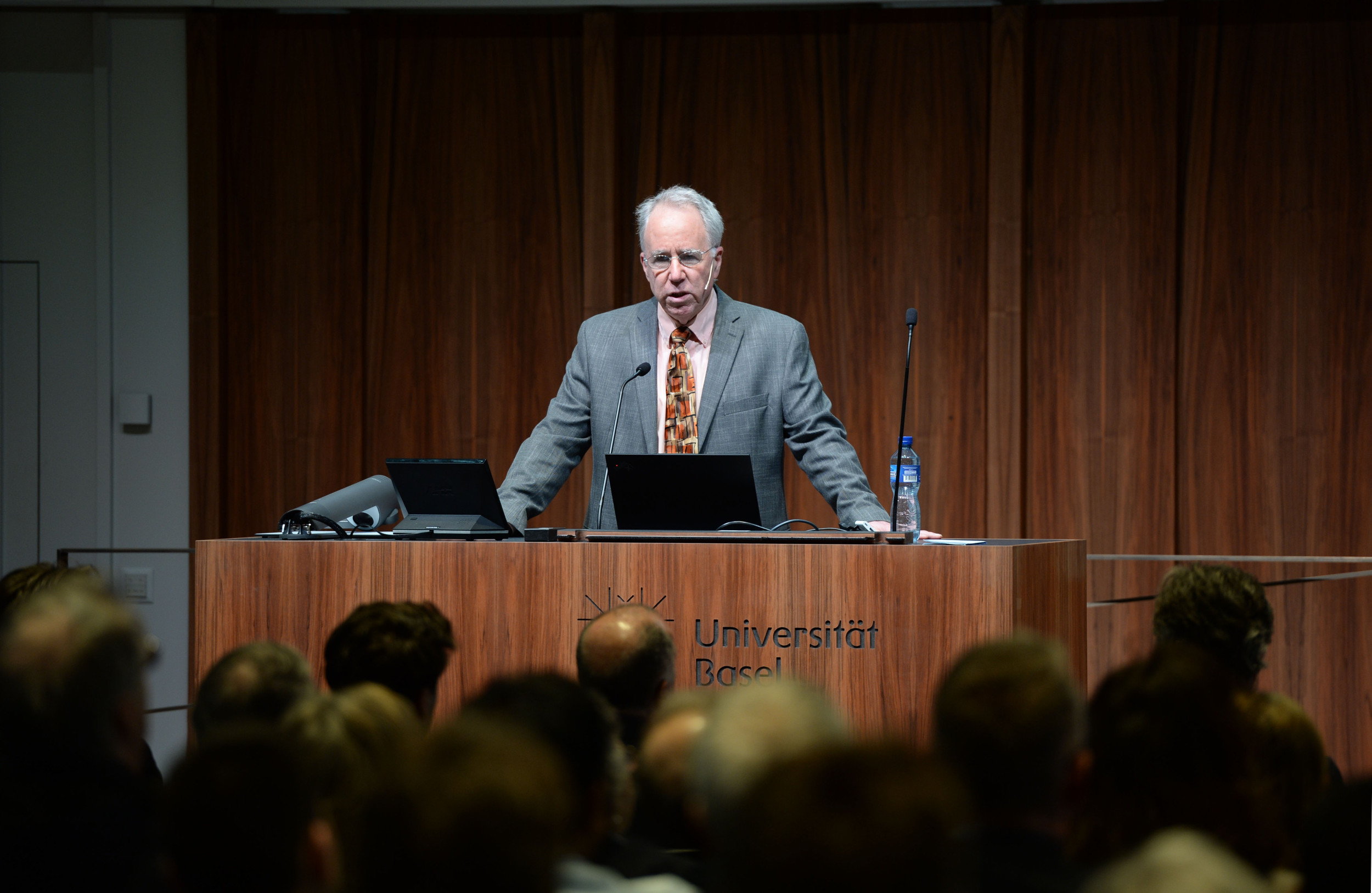The talk is part of the "Lecture Series on Innovation in the Global Economy". The series provides a platform for renowned researchers in Business and Economics to present their research results and thoughts on “Innovation in the Global Economy” to a broad audience. The events tackle the challenges of globalization and new technologies for society, policy makers and companies.
Second lecture: Trade with China: The Likelihood and Consequences of Decoupling
Prof. Gene M. Grossman / Speaker
Click here to read more about Prof. Gene M. Grossman
Professor of International Economics, Princeton University, New Jersey (USA). He has received numerous professional honors and awards from all over the
world. He was elected a Fellow of the Econometric Society as well as of the American Academy of Arts and Sciences, among others. He is also a research associate
of the National Bureau of Economic Research.
Professor Grossman has written a large number of widely cited academic papers and books on international
trade. He has pioneered the research on the relationship between Innovation, Growth and Globalization.
Another branch of Professor Grossman’s research focuses on the political forces that shape modern trade
policy. Finally, he contributed fundamental insights on outsourcing, international trade in tasks and the global
value chain.
Has globalization peaked? Will economic and geopolitical tensions lead us to a new era of disintegration and deglobalization, led by a decoupling of the U.S. and Chinese economies, or perhaps even a polarization of the world
economy into separate economic hubs comprising the United States and its Western allies and China, Russia, and their satellites?
This event will consider the extent to which deglobalization has already begun in response to the “Trump tariffs” and the ensuing U.S.- China trade war. It will evaluate the likelihood of further decoupling in the light of the
political and economic forces at play and review recent economic studies that estimate the effects using state-of-the-art quantitative trade models. Disintegration would be costly for all parties, especially if it involves significant
technological decoupling.



